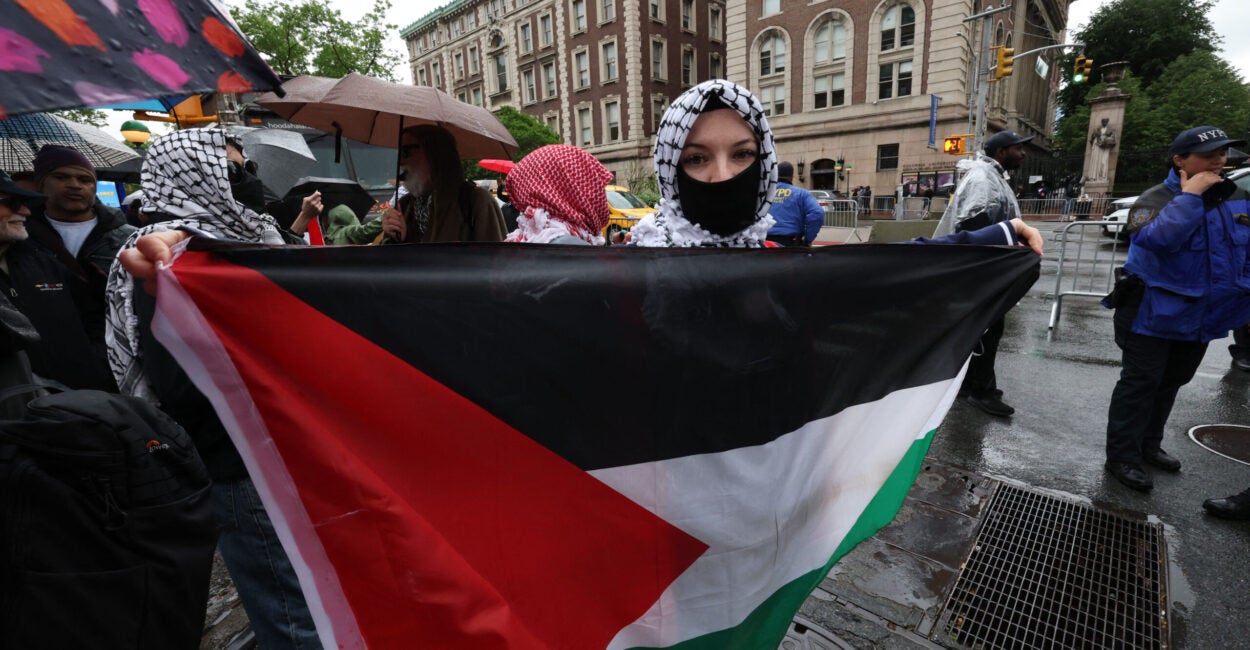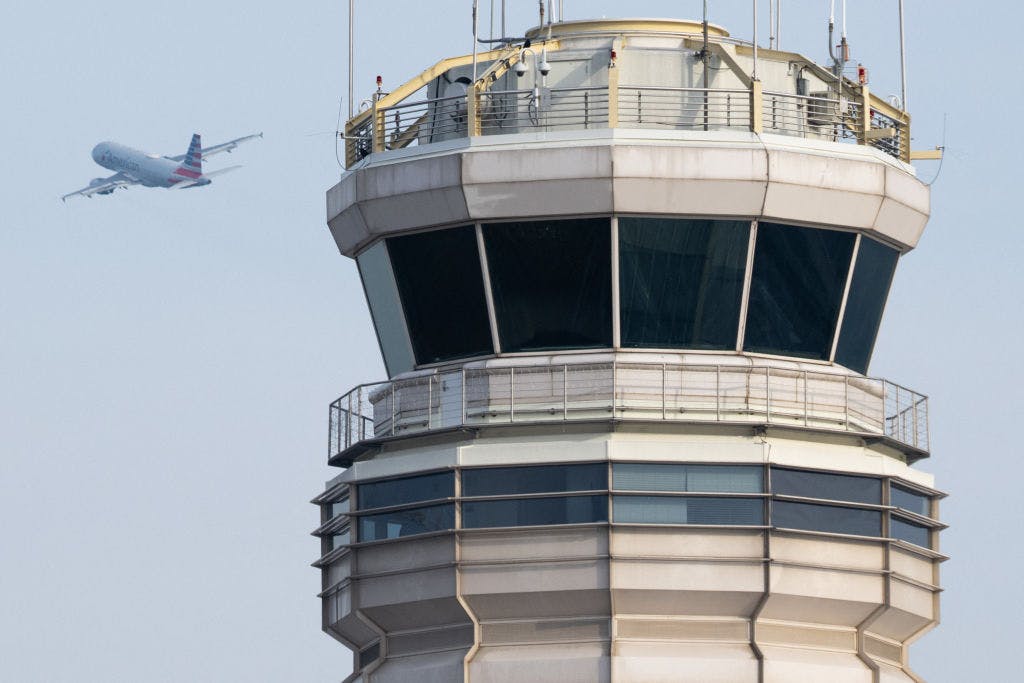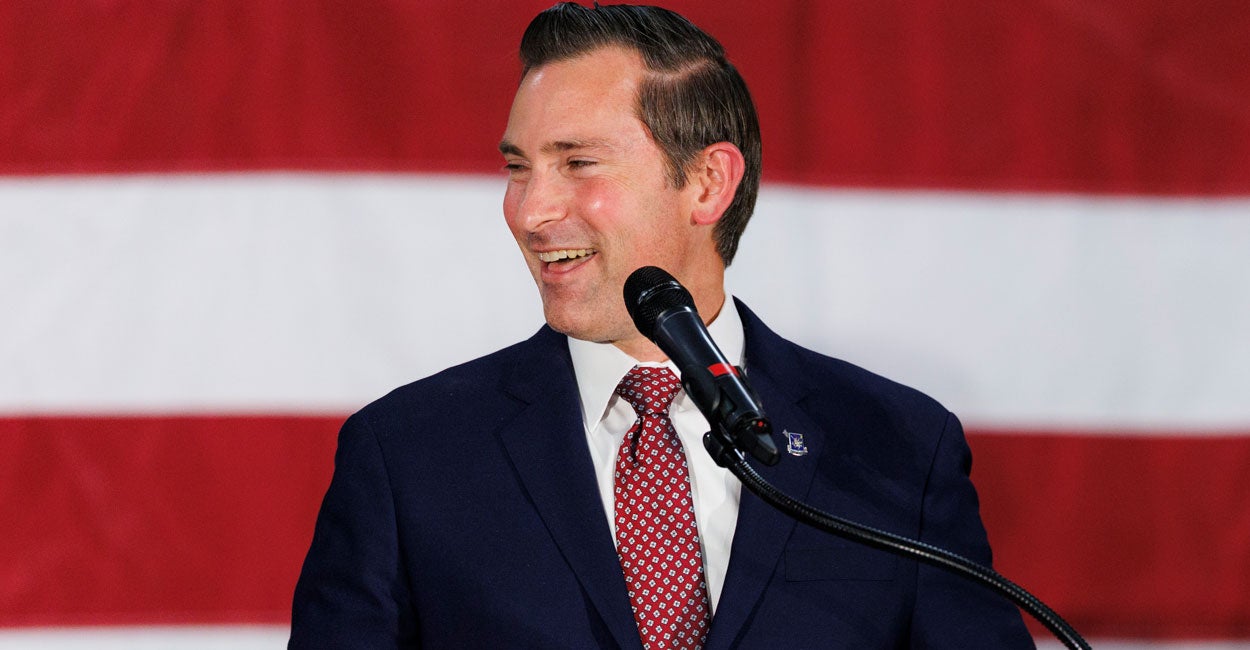Harvard, Please Enforce Rules for Foreign Students

Once again, Harvard and the Trump administration find themselves in a dispute, this time over whether Harvard can enroll foreign students without providing information demanded by the administration on whether those students are complying with visa rules.
The Department of Homeland Security recently stripped Harvard of its ability to enroll international students, but Harvard has since obtained a temporary restraining order blocking that action (set to start in the fall) from taking effect until the courts can consider the matter.
On the merits, Harvard shouldn’t be allowed to enroll foreign students unless it can agree to reforms that ensure it will handle that privilege responsibly in the future.
But even if Harvard were to achieve a legal victory without reaching an agreement on reforms, it would lose more from a legal battle than it would suffer from simply coming to terms with the Trump administration.
International students are guests in our country, and they must abide by certain rules if they wish to remain. If foreign students break laws, violate the civil rights of their fellow students, are suspended from school, or provide support for designated terrorist organizations, they can have their visas revoked.
Many people wrongly believe that free speech protects the ability of foreign students to chant, “Globalize the Intifada,” “We are Hamas,” or other terrorist slogans. But foreign students don’t have the same free speech rights as U.S. citizens.
The Immigration and Nationality Act specifically states, “Any alien – who endorses or espouses terrorist activity or persuades others to endorse or espouse terrorist activity or support a terrorist organization … is inadmissible.” Foreigners who support Hamas can be blocked from entering the U.S.—and if they are discovered to support Hamas after they arrive on campus, they can be removed.
There is good reason to believe that foreign students at Harvard and other elite universities have been violating these conditions but are being shielded from the consequences. Acting as if they were “sanctuary cities,” several elite universities have refused both to have law-breaking students arrested and to suspend or expel rule-breaking students.
As a result, they’re failing to protect the civil rights of students whose education is being disrupted by misbehaving fellow students.
MIT’s president explicitly acknowledged that protesting students who occupied the main academic building were not suspended from classes because of “serious concerns about collateral consequences for the students, such as visa issues.” At Columbia University, officials have detained for deportation foreign students that the Trump administration accuses of leading protests.
The extent of such violations of visa requirements at Harvard is unclear. That’s because the university has generally refused to arrest or discipline their students engaged in rule-breaking protests. Of dozens of Harvard students who were referred for disciplinary action, a U.S. House Committee report found that “Harvard failed to impose any formal discipline on any students.”
This refusal to arrest or suspend rule-breaking students hides from federal authorities whether foreign students have engaged in this misconduct and should be deported—a fact that’s led the Department of Homeland Security to demand Harvard turn over disciplinary records of all foreign students, along with videos of protests that would allow identification of rule-breaking foreigners.
Harvard objects that this information has not previously been required and that providing it would violate student privacy.
Ultimately, the courts will decide whether Harvard must turn over this information to remain eligible to enroll foreign students.
But even if Harvard prevails and remains eligible for the foreign student program, the Trump administration can delay or deny visas for students planning to study at Harvard or other institutions with problematic track records. Because of the doctrine of “consular nonreviewability,” courts are unable to reverse administration decisions about who is denied a visa to enter the US.
Even if Harvard wins in court, it will lose in reality. The longer these disputes drag on, the more Harvard suffers financially, reputationally, and operationally. Highly qualified students and faculty are already beginning to decide that they’d be better off elsewhere.
Rhetoric about solidarity among universities is just empty talk—other institutions are eager to offer attractive packages for relocating research labs and enrolling talented students fleeing Harvard’s troubles.
The vast majority of foreign students who follow the rules can remain in the United States. They just may not be able to enroll at Harvard. And no productive research projects have to be shuttered. They’ll just continue at some place other than Harvard.
None of Trump’s actions harm U.S. universities writ large. They only harm Harvard—while helping every other university that can manage to provide a proper educational environment. Harvard is not all of academia.
The more the public learns about Harvard’s rampant antisemitism, how it prioritizes the interests of foreign students over those of Americans, and how it otherwise enables student misconduct, the worse Harvard looks.
It took centuries for Harvard to build its reputation—but that could all be gone in just a few years. Harvard’s leaders should be seeking to reach an agreement with the Trump administration to stop the bleeding.
The post Harvard, Please Enforce Rules for Foreign Students appeared first on The Daily Signal.
Originally Published at Daily Wire, Daily Signal, or The Blaze
What's Your Reaction?
 Like
0
Like
0
 Dislike
0
Dislike
0
 Love
0
Love
0
 Funny
0
Funny
0
 Angry
0
Angry
0
 Sad
0
Sad
0
 Wow
0
Wow
0











































































